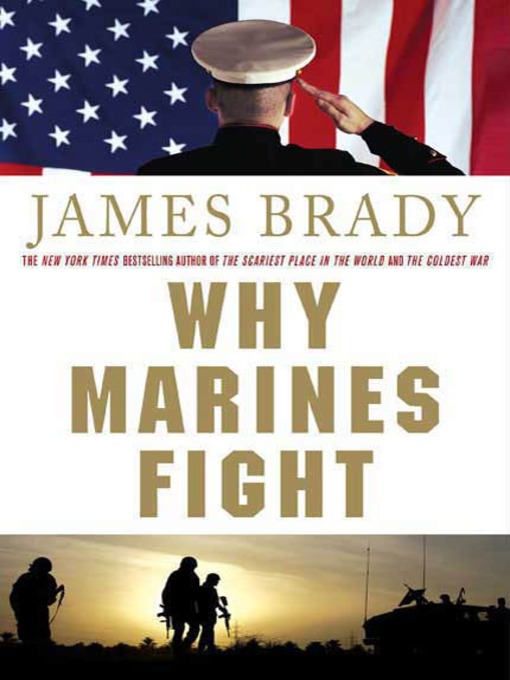
Why Marines Fight
کتاب های مرتبط
- اطلاعات
- نقد و بررسی
- دیدگاه کاربران
نقد و بررسی

October 22, 2007
The reasons are almost as numerous as the Marine combat veterans quoted and profiled in this engaging collection of reminiscences. Many cite the training and discipline drilled into recruits and the determination not to let down one’s buddies. Others are motivated by vengeance after a friend is killed. Gen. Smedley Butler, after a career invading banana republics in the early 20th century, opines that he fought mainly as “a gangster for Capitalism.” Some fight for the thrill of it (“the heavy machine gun made you feel like no one could touch you”), and some fight out of the sheer cussedness personified by Sgt. Dan Daley, who shouted, “Come on, you sons of bitches! Do you want to live forever?” as he led his men against the Germans in France in 1918. Parade columnist Brady (The Coldest War), a Korean War Marine vet, sketches vivid thumbnails of his interlocutors and sets the right leatherneck vibe—sympathetic, irreverent, comradely—to draw them out. Some tales meander; this is very much a meeting of old (and a few young) soldiers catching up and telling war stories in a glow of nostalgia. Still, Brady assembles from them an unusually personal and revealing collage of the nation in arms.

Starred review from October 15, 2007
Novelist and journalist Brady raises in print a question he has asked himself ever since he was a marine platoon commander in Korea. His answer entails something of a collective portrait of the corps during the last half century, notably including Bradys old CO, the late John Chafee, former U.S. senator from Rhode Island, and James Webb, present U.S. senator from Virginia, best-selling writer, Navy Cross winner for service in Vietnam, former secretary of the navy, and father of a marine lance corporal. Brady takes us back further to a man not well known to nonmarine readers, Gunnery Sergeant Dan Dailey, who profanely asked his men at Belleau Wood in 1918 if they wanted to live forever; to a Westerner who joined up to save the family ranch; and to a decorated two-tour colonel who thinks the Iraq War is lost. It would be overly bold to say that Brady completely answers his own question, but it is fair to say that he makes two things clear: (1) the marines can find and bring out the warrior in any man who has it in him, and (2) this creates a lasting bond among marines even 60 years after they slogged through snowy hills or stinking rice paddies. For anyone who wants to know how the U.S. Marine team works in war and peace, this book is indispensable.(Reprinted with permission of Booklist, copyright 2007, American Library Association.)

























دیدگاه کاربران